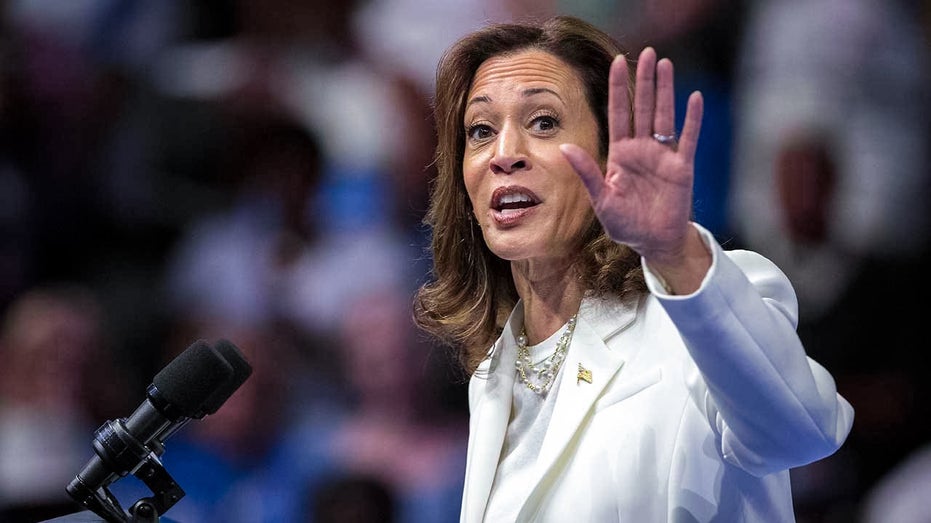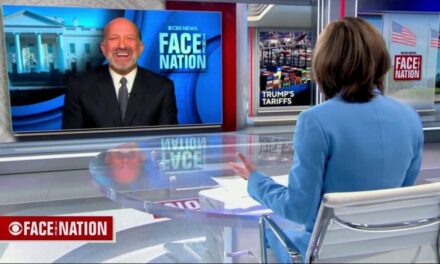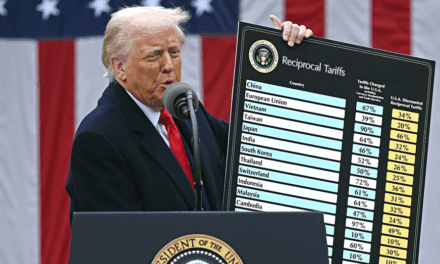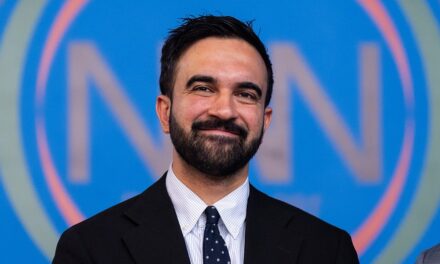It has been 76 days since Kamala Harris was announced as the Democratic vice-presidential nominee, and during this period, she has yet to conduct a formal press conference. The lack of a traditional press conference has led to discussions about the media strategy of the Biden-Harris campaign, especially in a politically charged climate as the elections approached.
Kamala Harris, the first woman of color on a major party ticket, joined Joe Biden’s campaign under intense scrutiny and widespread public interest. Her presence has invigorated the Democratic base and she has been active in numerous campaign events, but her interactions with the press have been limited compared to what is traditionally expected of a candidate at this level.
While Harris has engaged with the media through less formal platforms such as virtual town halls, interviews, and public appearances, the absence of an extended question-and-answer session with a full press corps signifies a more controlled media approach by the campaign. This strategy appears to be aimed at reducing the risk of public missteps and maintaining focus on their policy agenda.
Critics argue that such limited engagement reflects a cautious approach that shields the candidate from potential media traps and tough questions. In contrast, defenders of Harris point out that the unprecedented nature of the 2020 election, largely due to the COVID-19 pandemic, necessitates novel campaigning methods that prioritize safety and efficiency.
The silence on press conferences is not exclusive to Harris as Joe Biden, too, has conducted fewer press conferences than previous nominees, preserving his appearances for subject-specific interviews and digital outreach. This shift aligns with contemporary campaigning where traditional press conferences are rapidly being replaced by direct communication channels that allow candidates to reach voters more effectively without the filter of media narratives.
The decision not to hold traditional press conferences could also highlight an evolving perspective on how political events unfurl within digital and social media platforms. Harris has leveraged such platforms to communicate directly with constituents, tackling significant issues like racial justice and economic reform, without the mediation of a live press audience.
What remains to be seen is whether the Biden-Harris campaign strategy will influence future political engagements and redefine the role of the press conference in presidential campaigns. As the country watches closely, both supporters and detractors will continue to assess the impact of this approach on the election’s outcomes and the broader discourse in American politics.
































